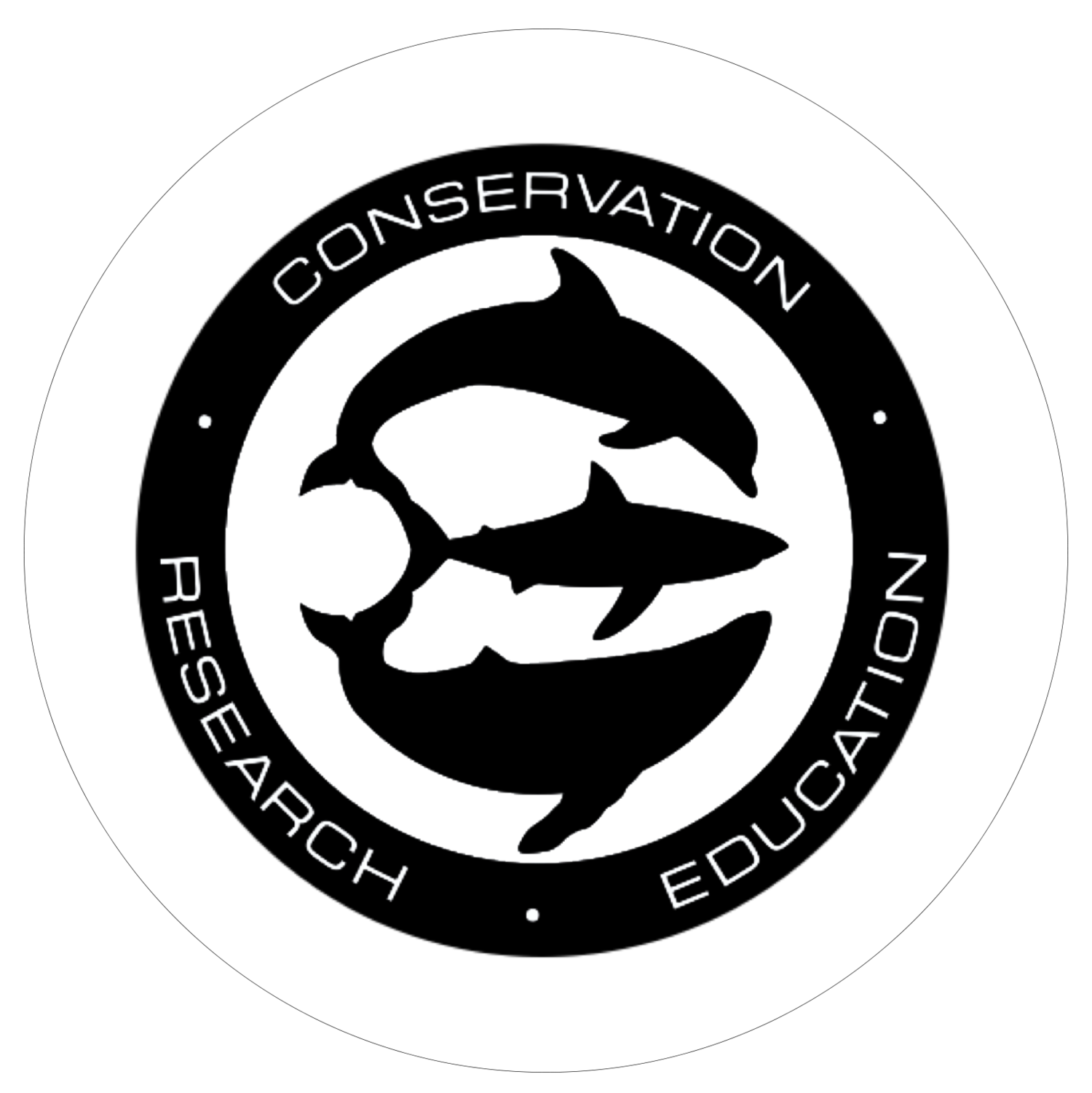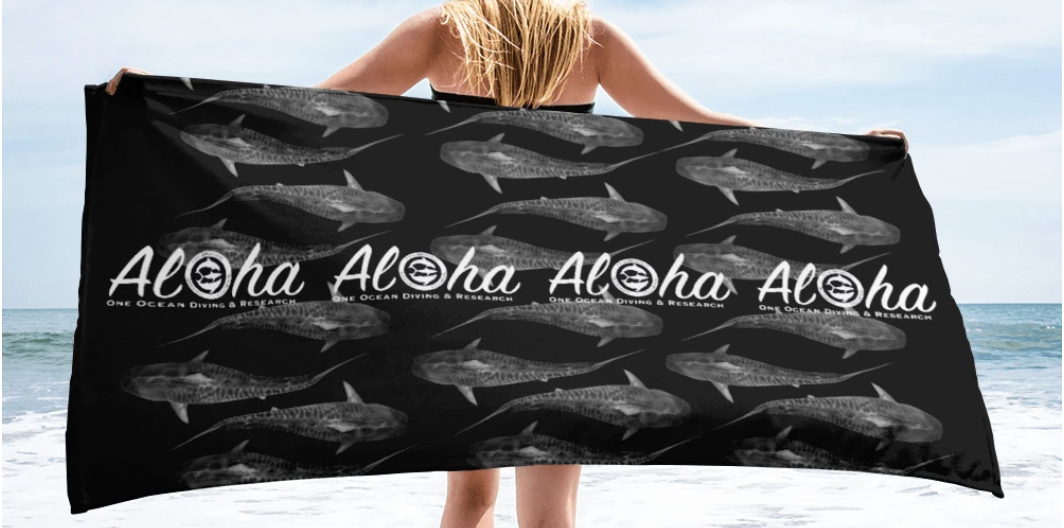Marine sanctuaries are established in places of value in certain waters and are protected by stipulations set by governments and enforced by authorities. The idea of establishing these protected areas was proposed at the First World Conference on National Parks in 1962 when world leaders noticed that coral reef and other coastal and marine locations of value were being depleted, and therefore, needed to be protected. Defined by the International Union for Conservation of Nature, the goal of instituting a sanctuary for marine species is “for the protection, restoration, wise use, understanding and enjoyment...through the management in accordance with the principles of the World Conservation Strategy of human activities that use or affect the marine environment.” Since the first conference was held, various areas have been protected globally. The importance of keeping our oceans beautiful and thriving and ecosystems diverse and plentiful is recognized through these establishments and shared through ecotourism.
Shark sanctuaries are extremely beneficial especially in areas of high shark populations such as shark breeding grounds and nurseries. At least 100,000,000 sharks are killed every year around the world. Many causes are from illegal fishing, finning, bycatch from commercial fishing, and marine pollution. Sanctuaries can be established in areas of known shark populations to help stop and reduce the impacts from overfishing and overhunting. Since the 1970s, shark populations around the world have declined to about 90% of their size. These species need time to heal and bounce back as a population. Establishing shark sanctuaries can prove to not only be beneficial to shark populations, but also to local economies as well. The Palau government’s choice to establish the first shark sanctuary in the world and enact a Marine Protected Area in its entire territorial waters was predominantly due to interests in economic gain and tourism. They protected over 200,000 square miles of water that was home to many species including hammerheads, oceanic whitetips, leopard sharks, and many more. Now Palau is considered to be home to almost all tropical species of sharks.
Ecotourism in Palau is estimated to bring in almost $1.9 million per shark in the sanctuary. Shark diving and ecotourism charters prove profitable for the country. Thus, their decision to create this shark sanctuary has only helped their economy grow. Palau brings in over 800 billion dollars per year through shark ecotourism. Protecting the sharks through their established sanctuaries is both beneficial for the populations of hundreds of species there, but also for the growth of the nation as well.
Sharks can be seen as a tourist attraction as well as a top component of an overall healthy ecosystem in the oceans. Thus, establishing and enforcing shark sanctuaries can be seen as an investment in countries’ tourism and economic prosperity. Sanctuaries help shark populations on the mend as well as countries through supporting local businesses and tourism. Establishing more sanctuaries can benefit both human and ecosystem health, prosperity, and longevity. Although the efforts have been substantial, issues still remain regarding the huge illegal fishing industry, primarily chumming and shark finning, that dominates the oceans around the globe. Regardless of the establishment of shark sanctuaries, fishing bans, and enforcements of marine laws, local shark populations are still under threat in most areas worldwide. Shark sanctuaries are few and far between in the world’s oceans and, being a migratory species, sharks are still hunted close to the edges of sanctuaries already established. Other threats include incidental catch and a lack of abundant data on local and migratory populations.





